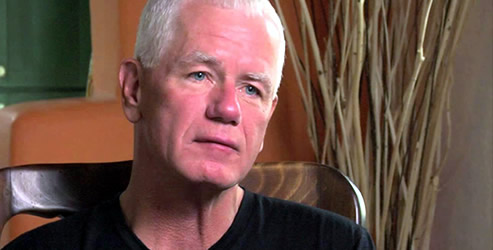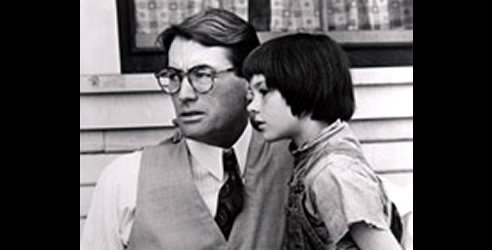
FRANK OSTASESKI & THE AIDS CRISIS
One of the straight men who cared for dying gay men
Frank Ostaseski founded the San Francisco Zen Hospice Project in 1987 during the AIDS Crisis. It was a time when much of the medical community was afraid of its patients, and families disowned their sons and brothers. Thankfully Frank was one of the straight men who created space and cared for the dying gay men.
Years later I was happy to see that Ostaseski was the keynote speaker for a Santa Clara University conference I was attending. Even though his appearance was the first since suffering a serious heart attack, his presence was strong and solid. When he finished I wanted to hear more, and registered for his annual Cultivating Presence retreat in Marin County, California. The week was a mix of workshop and silent retreat. On the last day Frank, a practicing Buddhist, introduced his Five Precepts for living, caring and healing. I think you will enjoy reading them.
Ostaseski’s Five Precepts
Part of you is here and part of you might have drifted away to the middle of nowhere… where there is no time… and there is no place… in the middle of nowhere. Nowhere is such a fine place to be because nowhere else can be so free. Later you may have to be somewhere, sometime, but not now. Now nowhere is fine.
This is a place you can visit often if you like. It is a place of healing. Healing is different than curing. Healing comes from within—out.
And as you move forward there are five things you can do to keep the cycle of healing going.
- Accept everything and push away nothing.
In welcoming everything you don’t have to like what’s arising. It’s actually not your job to approve or disapprove. It’s your task to trust, to listen, and to pay attention to your changing experience. When you do this at the deepest level, you are cultivating a kind of fearlessness. Since you are always entering new territory with no idea of how your journey will turn out, why not open to the mystery. And risk and forgive—constantly.





